The skin cannot create vitamin D if covered in sunscreen or clothing. In fact, a sun cream with SPF15 may reduce the skin’s ability to synthesize vitamin D by more than 95%.
From April to September, most people should be able to get their daily requirements of vitamin D. They need to expose their legs and arms, or torso and arms to sunlight for a minimum of 20 minutes. Depending where you live, you may want to avoid sun radiation between 12 and 2-3pm.
Between October and late April we may not get enough vitamin D from sunlight. Therefore I will advice supplementing with the right dose for you. It may be difficult to find out which dose you should be taking, because there are so many variables involved. The best approach will be to test for vitamin D blood levels and then start taking the dose your consultant believes is best for you. After 3 months take another test to see if the vitamin D levels have fallen into the healthy reference range. I consider this to be above 75 nmol/L. If so, that’s the right dose for you.
Vitamin D may contribute to a strong immune system, lowering the chances of cancer occurrence, strong bones, brain function and moods. But also, muscles function and strength, contribute to healthy pregnancy and cardiovascular system and more.
Study:
This study show the immunological activity of vitamin D. From that study: “Vitamin D intervenes in calcium and phosphate metabolism and bone homeostasis. Experimental studies have shown that 1,25-dihydroxyvitamin D (calcitriol) generates immunologic activities on the innate and adaptive immune system and endothelial membrane stability. Low levels of serum 25-hydroxyvitamin D (25(OH)D) can cause a decreased risk of developing immune-related diseases such as psoriasis, type 1 diabetes, multiple sclerosis, and autoimmune diseases.
Various clinical trials describe the efficacy of supplementation of vitamin D and its metabolites for treating these diseases that result in variable outcomes. Different disease outcomes are observed in treatment with vitamin D as high inter-individual difference is present with complex gene expression in human peripheral blood mononuclear cells. However, scientists are still not fully aware of what level of serum 25(OH)D we need. The current recommendation is to increase vitamin D intake and have enough sunlight exposure to have serum 25(OH)D at a level of 30 ng/mL (75 nmol/L) and better at 40-60 ng/mL (100-150 nmol/L) to obtain the optimal health benefits of vitamin D.”

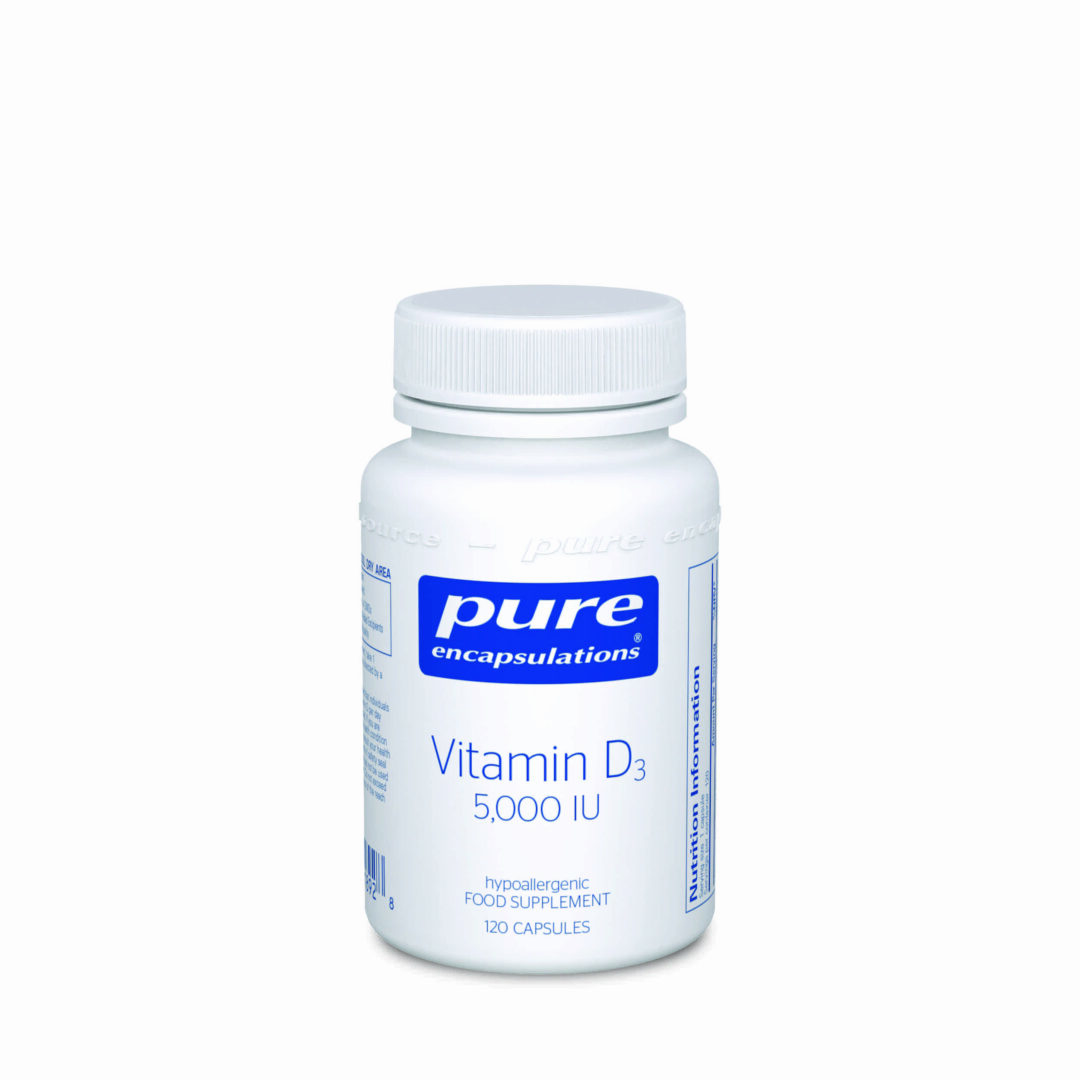
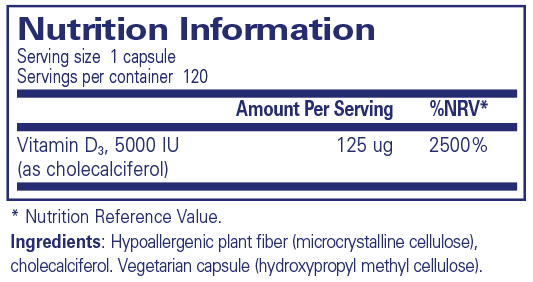
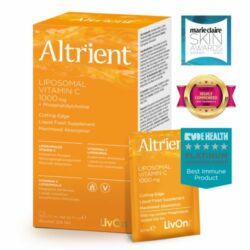
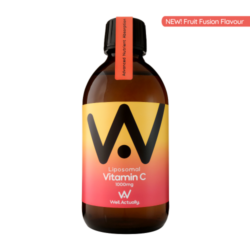

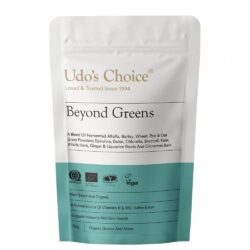
Reviews
There are no reviews yet.